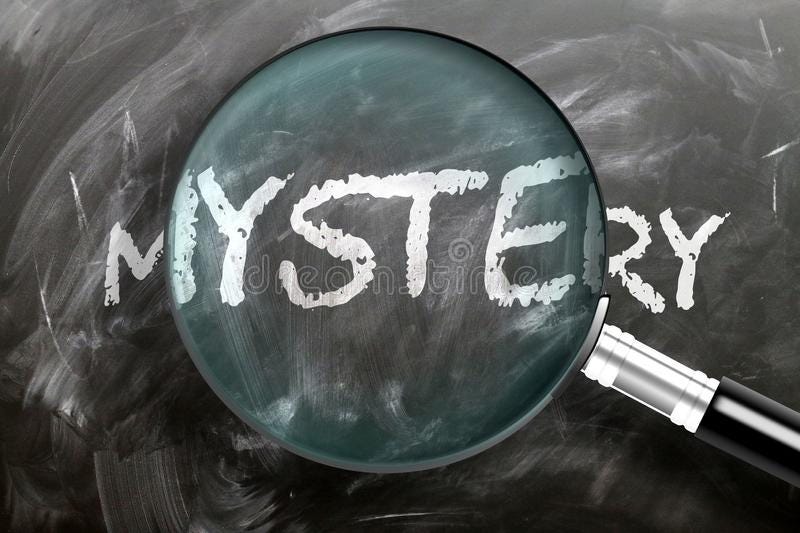The concept of Progressive Revelation stands as a cornerstone in the edifice of Bahá’í teachings. It encompasses not only the development of human understanding but also the unfolding of divine wisdom through successive Messengers of God, each heralding new insights that are pertinent to the historical context in which they arise. The fundamental tenet posits that God has sent a series of Divine Educators, including figures such as Moses, Jesus, Muhammad, and Bahá’u’lláh, to guide humanity incrementally toward spiritual and social maturity.
At its essence, Progressive Revelation suggests that revelation is not a singular event confined to a specific time and place, but rather a continuum. Each Manifestation of God offers teachings that resonate with the spiritual and social needs of the era in which they appear. This notion addresses a compelling observation: religious teachings often seem to conflict with one another. The apparent contradictions can perplex both scholars and laypeople. However, if viewed through the lens of Progressive Revelation, these disparities might morph into harmonious expressions of an overarching divine purpose. Thus, the teachings of each Manifestation serve to build upon the foundations laid by their predecessors, allowing for a coherent evolution of belief and practice across different epochs.
One of the intriguing implications of this doctrine is its assertion that all religions are fundamentally connected. The Bahá’í Faith posits that while the specifics of religious law and social norms may differ, the core messages of love, unity, and justice transcend time and cultural boundaries. This interrelation can lead individuals to perceive spirituality as an expansive tapestry woven through the ages, inviting a deeper exploration of commonalities rather than divisions. The intrinsic value of each religious tradition is thus celebrated, fostering a spirit of collaboration among diverse faith communities.
Moreover, the principle of Progressive Revelation serves as a salient reminder of humanity’s collective journey toward maturity. As each Messenger imparts divine guidance, societies transform, gradually aligning with higher ideals of justice and equity. It denotes a prescriptive framework urging humanity to elevate its social structures and ethical paradigms, transcending the limitations of prior traditions. This notion could be likened to an artistic evolution, where each new school or movement exists in dialogue with its ancestors, adding layers of complexity and depth to the overarching narrative of human spiritual development.
The Bahá’í perspective also advocates for a dynamic understanding of truth. Unlike rigid dogmas that resist reinterpretation, Progressive Revelation contends that truth unfolds progressively and is contingent upon the context of human understanding. This epistemological approach encourages adherents to remain open-minded and receptive to new insights, fostering intellectual humility and a commitment to lifelong learning. The interplay of reason and revelation is pivotal in this paradigm. The Bahá’í teachings suggest that human intellect, when applied judiciously alongside divine guidance, can illuminate paths toward greater social harmony and spiritual enlightenment.
Societal transformation is a cardinal goal of the Bahá’í Faith, intricately tied to the idea of Progressive Revelation. As stated in the writings of Bahá’u’lláh, humanity is witnessing a collective maturation process, moving beyond sectarian divisions toward a unified global society. Each Manifestation brings forth teachings that are essential to addressing the evolving needs of humanity; thus, the relevance of Bahá’í principles — including equality between men and women, the elimination of prejudice, and the importance of universal education — is underscored in the context of present-day challenges.
The concept of the “Covenant” emerges as a crucial mechanism within the framework of Progressive Revelation. The Covenant signifies a sacred bond between God and humanity, ensuring that the teachings of each Manifestation will not be lost or misinterpreted. This divine assurance provides a compass for believers, guiding them through the complexities of varied interpretations and the sectarian strife that can impede spiritual progress. The Covenant emphasizes continuity while acknowledging the transformative nature of revelation, reinforcing the idea that despite differences in expression, the essence of divine guidance remains intact.
Several common questions arise when contemplating the implications of Progressive Revelation. How do we reconcile conflicting religious narratives? What role does individual interpretation play in a progressive framework? These inquiries lead toward an exploration of the interrelated concepts of unity and diversity. The Bahá’í Faith proposes that diversity in religious expression should not be a source of discord but rather an opportunity for mutual enrichment. In this light, dialogue among different faiths can reveal deeper understandings and facilitate the development of shared ethical standards that can be applied universally.
Lastly, the concept of Progressive Revelation galvanizes a sense of responsibility within adherents. Each individual is tasked with the imperative of revelation not merely as passive recipients but as active participants in the unfolding narrative of humanity’s spiritual evolution. The call to action is profound — believers are encouraged to engage in social justice, community building, and promoting unity amidst diversity. Through these endeavors, the teachings of the Bahá’í Faith take root in the fabric of society, fostering environments where love and understanding flourish.
In conclusion, the Mystery of Progressive Revelation encapsulates a vision of an interconnected universe, where the wisdom of past epochs serves as a foundation for the aspirations of tomorrow. It invites a profound reverence for the rich tapestry of human spirituality, underpinning the belief that the journey toward global unity and peace is both a privilege and a collective responsibility. By embracing this dynamic approach to truth, humanity may find itself not only enriched but also enlightened, navigating the complexities of existence with faith, hope, and resolve.
